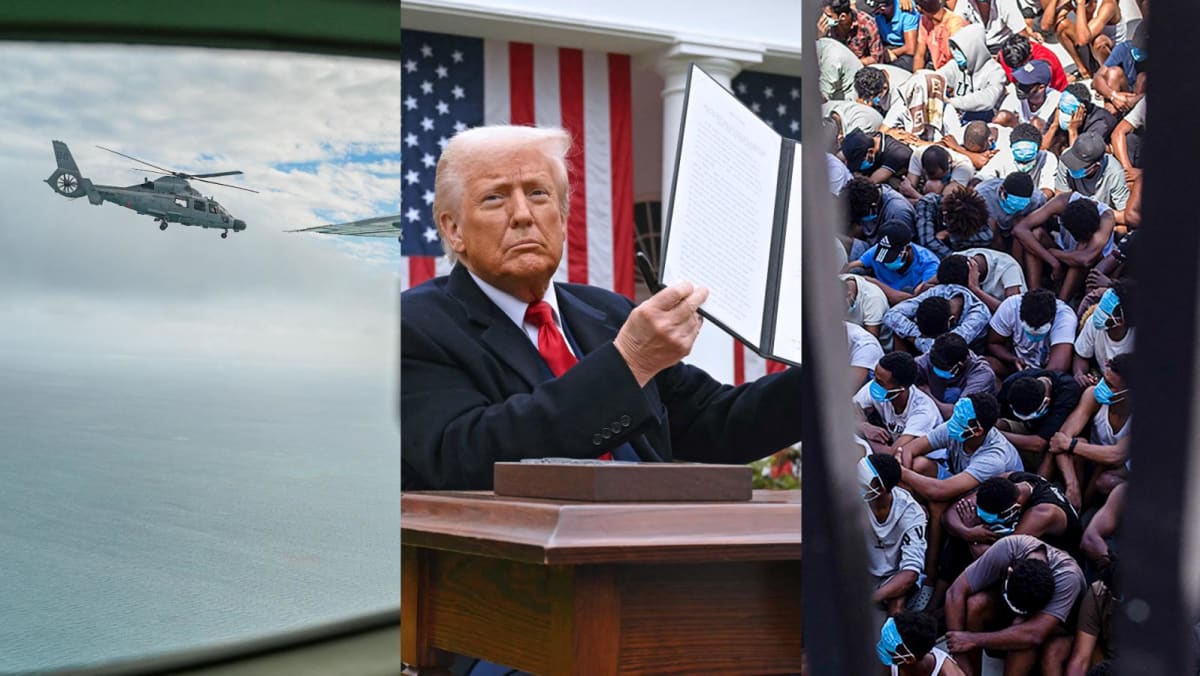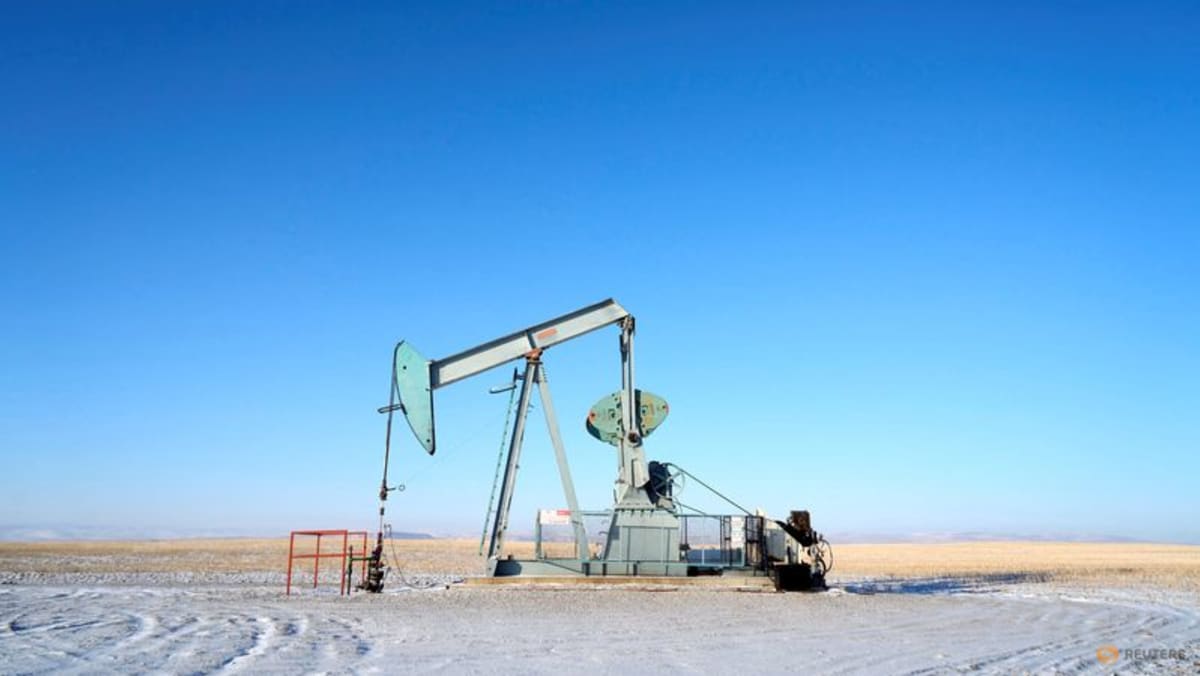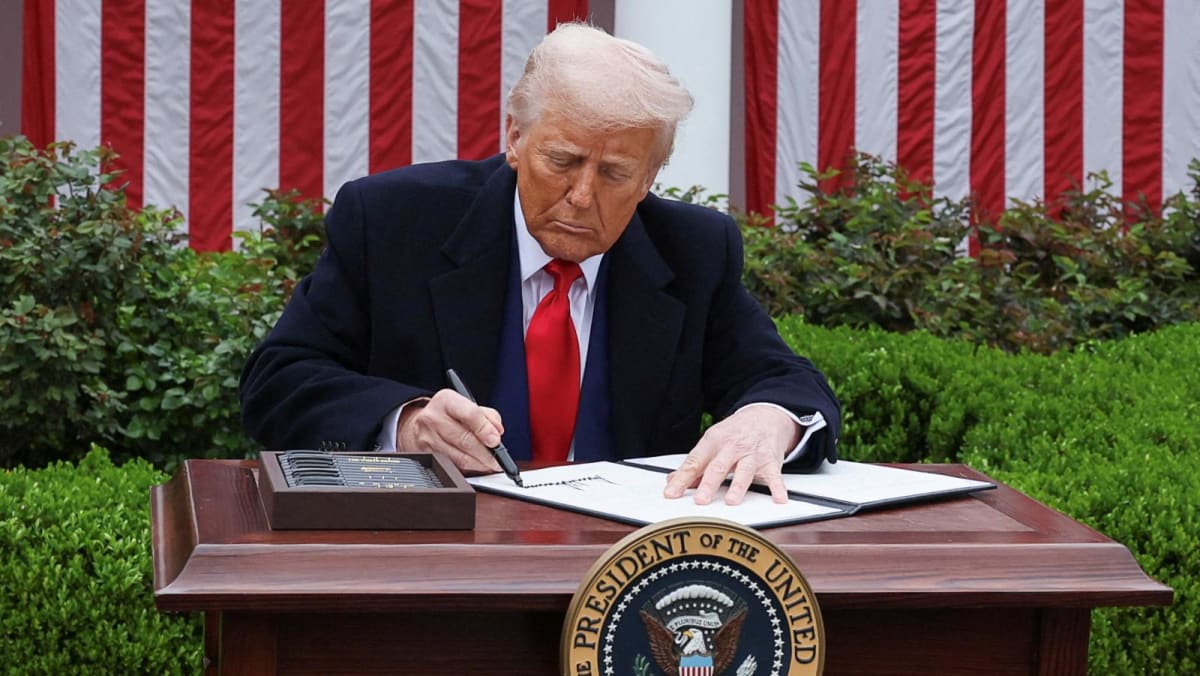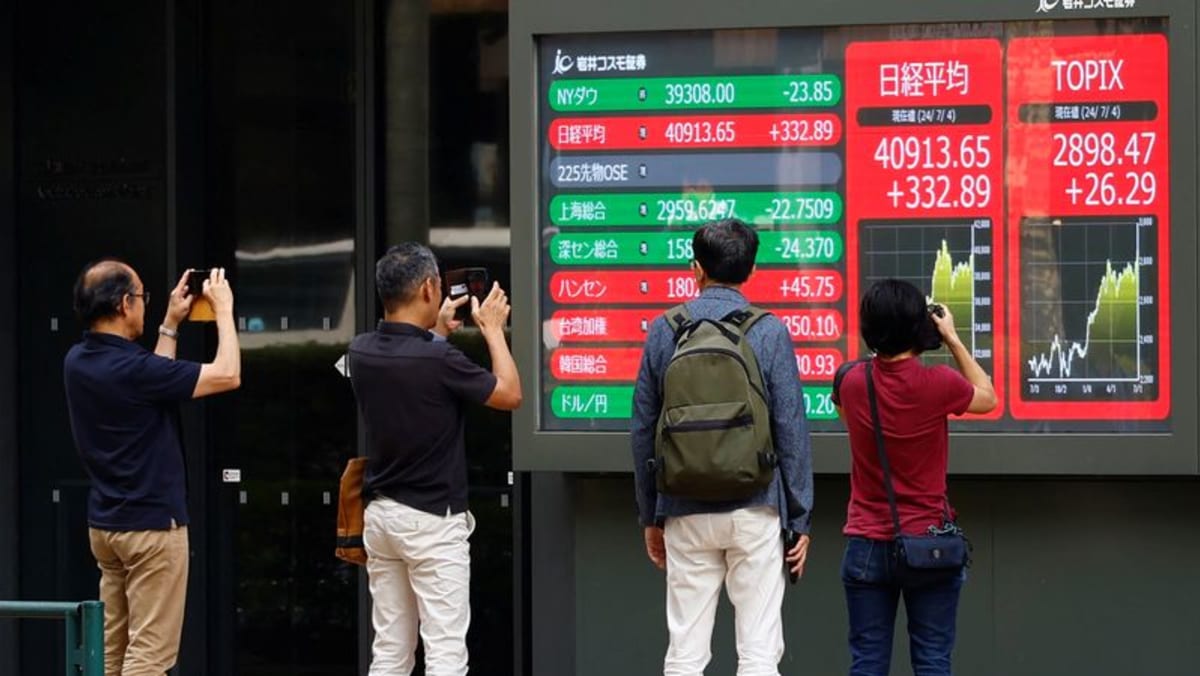NEW YORK : Oil prices edged higher on Wednesday as market participants braced for U.S. reciprocal tariffs due to be announced at 4 p.m. ET (2000 GMT) that will likely increase investor uncertainty and the risk of a global trade war, and may dampen demand for crude.
Brent futures settled 46 cents higher, or 0.6 per cent, at $74.95 a barrel. U.S. West Texas Intermediate crude futures gained 51 cents, or 0.7 per cent, to $71.71.
Investors shrugged off mostly bearish U.S. government crude inventory data. U.S. crude inventories posted a surprisingly large build of about 6.2 million barrels last week, Energy Information Administration data showed.
“The report was bearish in my view, with larger crude inventories and total petroleum inventories rising,” UBS analyst Giovanni Staunovo said. “But the market took it as neutral, as the crude build is driven by a sharp increase in Canadian crude imports, likely ahead of the fear of the introduction of new tariffs.”
President Donald Trump’s tariff policies could stoke inflation, slow economic growth and escalate trade disputes, possibilities that have limited oil price gains.
“Crude prices have paused last month’s rally, with Brent finding some resistance above $75, with the focus for now turning from a sanctions-led reduction in supply to Trump’s tariff announcement and its potential negative impact on growth and demand,” said Ole Hansen, head of commodity strategy at Saxo Bank.
But comments from Mexico eased some worries about a trade war between the two countries after Mexican President Claudia Sheinbaum said on Wednesday that Mexico doesn’t plan to impose tit-for-tat tariffs on the United States.
Trump has also threatened to impose secondary tariffs on Russian oil, and on Monday he toughened sanctions on Iran as part of his administration’s “maximum pressure” campaign to cut its exports.
Traders will be watching for levies on crude imports, potentially driving up prices of refined products, Hansen added.
For weeks Trump has touted April 2 as “Liberation Day”, bringing new duties that could rattle the global trade system.
“The balance of risk lies to the downside, given that weaker than expected tariff measures are unlikely to drive a significant rally in Brent, while stronger than expected measures could trigger a substantial selloff,” BMI analysts said in a note.
Adding to the complex global supply picture, Russia, the world’s second-largest oil exporter, on Wednesday imposed restrictions on another major oil export route, suspending a mooring at the Black Sea port of Novorossiisk a day after restricting loadings from a key Caspian pipeline.
Russia produces about 9 million barrels of oil a day, or just under a tenth of global production. Its ports also ship oil from neighbouring Kazakhstan.













